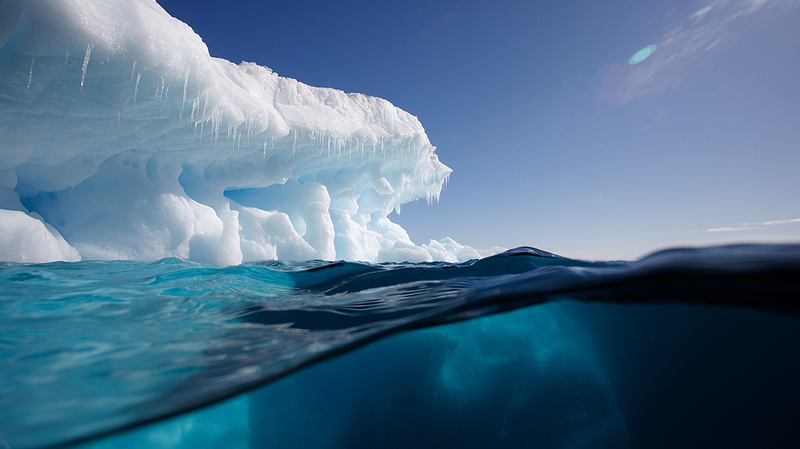Imagine a world where the frozen edges of Antarctica start to shrink at lightning speed 🌬️❄️. That’s what a recent study in Nature warns: rapid Antarctic sea ice loss could be the tipping point that sends Earth’s climate spinning out of control.
Researchers analyzed data spanning ice cores, historical ship logbooks, and modern observations to chart changes in sea ice over centuries. They discovered a 'regime shift' that has driven ice coverage well below its natural variability—and unlike the Arctic, this change is abrupt and non-linear.
Sea ice acts like a giant mirror, reflecting sunlight away from our planet. When it melts, more solar energy is absorbed, which amplifies warming and likely weakens the Antarctic Overturning Circulation—an ocean conveyor belt that distributes heat and nutrients worldwide 🌊. Disrupt that flow, and you can expect shifts in weather patterns, marine ecosystems, and global climates.
Wildlife is already feeling the impact. Emperor penguins struggle to find stable breeding spots on thinning ice, while krill—the tiny crustaceans vital to ocean food chains—lose their habitat. Warming waters further threaten phytoplankton blooms, which draw down massive amounts of carbon from the atmosphere 🐧🦐.
Lead author Nerilie Abram highlights that once this ice loss sets in, it becomes self-perpetuating: 'Even if we stabilize the climate, we are committed to still losing Antarctic sea ice over many centuries to come.'
The takeaway? Cutting carbon emissions is more urgent than ever, but we must also prepare for the changes already in motion. Protecting ecosystems, adapting to sea-level rise, and monitoring ocean currents will be key steps in a world shaped by a melting Antarctica 🌍.
Reference(s):
Rapid loss of Antarctic ice may be climate tipping point, study says
cgtn.com




